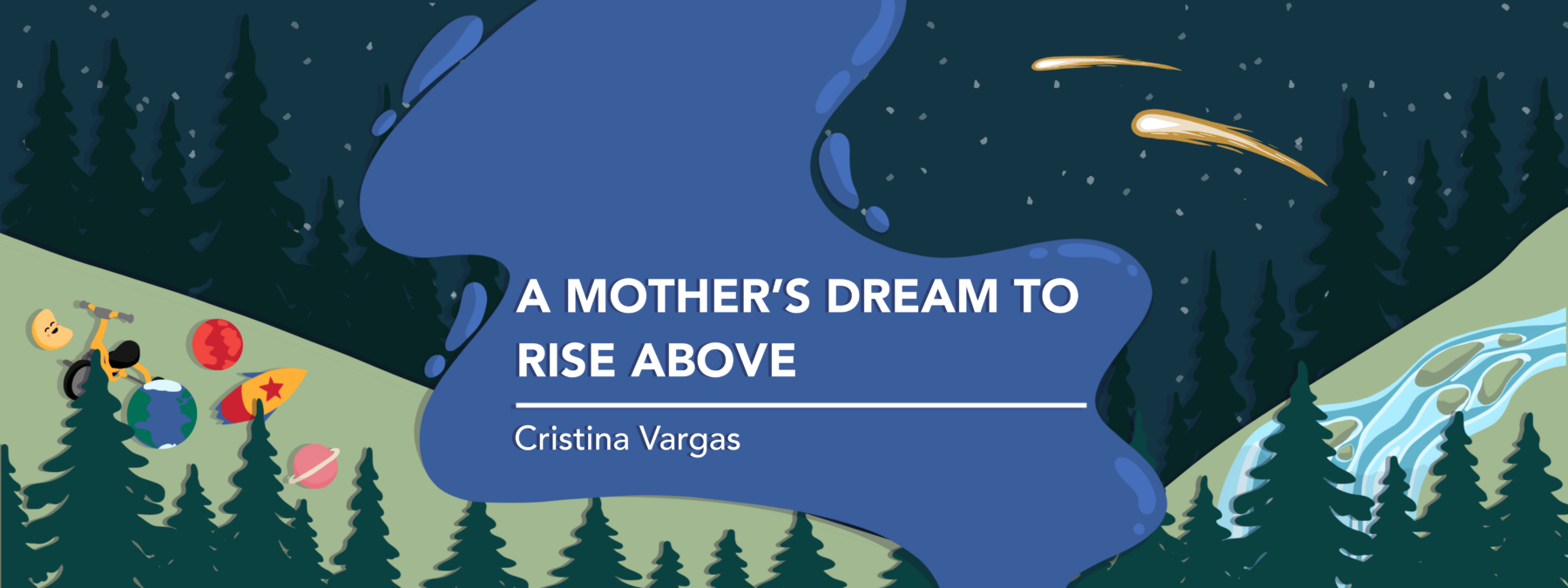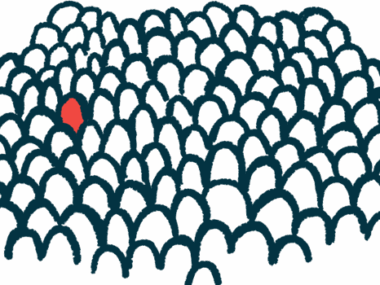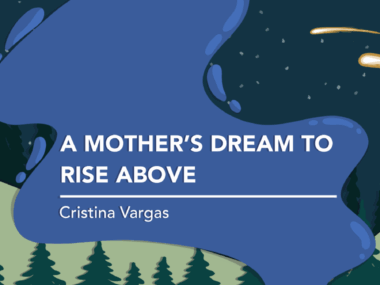Understanding the bigger picture of advocacy work
Processing emotions as a parent is difficult yet important
Written by |

As the mother of a child with late-infantile Batten disease (CLN2 disease), I find myself on a journey that is both heart-wrenching and illuminating. Each day presents unique challenges, and while the emotional toll can be overwhelming, I’ve learned the importance of not allowing those emotions to overshadow my primary purpose: advocating for my son, Juju.
The reality of raising a child with a rare disease is complex. There are moments filled with joy and laughter, and also times of fear, uncertainty, and sorrow.
It’s easy to get caught up in the emotional whirlwind that accompanies such a diagnosis. As parents, the instinct to protect our children from pain and suffering is deeply ingrained in us. However, it’s crucial to remember that our emotions, while valid, shouldn’t dictate our ability to advocate effectively for our children. Advocacy means standing up for our children’s needs, ensuring they receive the best possible care, and raising awareness about their condition.
For me, this means becoming well-versed in CLN2 disease, understanding its implications, and learning about the latest research and treatment options. This knowledge empowers me to make informed decisions and to speak up when necessary.
Embracing this role requires a level of emotional resilience that can sometimes feel like a daunting task. It’s essential to recognize that life with a rare disease is not straightforward. There will be good days and bad days, moments of progress, and setbacks.
Celebrating small victories
As a mother, it’s natural to feel disheartened when faced with setbacks. However, I’ve learned that discouragement can be counterproductive. Instead of allowing despair to seep in, I focus on the unique strengths and qualities that make Juju who he is. Every child is a distinct individual on their own journey, and comparing Juju’s health with another child’s can lead to unnecessary sorrow and frustration.
Each day is an opportunity to celebrate small victories, whether it’s a new word spoken, a smile shared, or a moment of connection. When I shift my focus from what Juju can’t do to what he can, I find a renewed sense of purpose. This perspective not only uplifts my spirits but also strengthens my resolve to advocate for him.
Furthermore, I’ve come to understand the importance of building a supportive community. Connecting with other families facing similar challenges provides a sense of camaraderie and shared understanding.
While our experiences may differ, there is comfort in knowing that we are not alone in our struggles. Sharing stories, resources, and encouragement within the community is invaluable. It serves as a reminder that we are all fighting our own battles, each unique but united by love and hope for our children. In advocating for Juju, I also recognize the significance of raising awareness about CLN2 disease.
The more people know about rare diseases, the better equipped they are to offer support, whether it’s through research initiatives, fundraising, or simply lending an empathetic ear. This advocacy work fuels my passion and motivates me to keep pushing forward, even on the toughest days.
Emotions will inevitably ebb and flow, but it is crucial to not let them overshadow the primary purpose of advocacy. Embracing the unique journey of motherhood in this context requires resilience, perspective, and a commitment to celebrating the individual qualities of our children.
By focusing on Juju’s strengths, connecting with a supportive community, and raising awareness, we can turn our emotional experiences into powerful advocacy that benefits not only our children but also others facing similar challenges.
Remember, every child is unique, and while the path may be fraught with difficulties, it is also rich with love, growth, and hope. Let us embrace this journey together, advocating fiercely for our children while cherishing the beautiful moments that come along the way.
Note: Batten Disease News is strictly a news and information website about the disease. It does not provide medical advice, diagnosis, or treatment. This content is not intended to be a substitute for professional medical advice, diagnosis, or treatment. Always seek the advice of your physician or other qualified health provider with any questions you may have regarding a medical condition. Never disregard professional medical advice or delay in seeking it because of something you have read on this website. The opinions expressed in this column are not those of Batten Disease News or its parent company, Bionews, and are intended to spark discussion about issues pertaining to Batten disease.






Leave a comment
Fill in the required fields to post. Your email address will not be published.